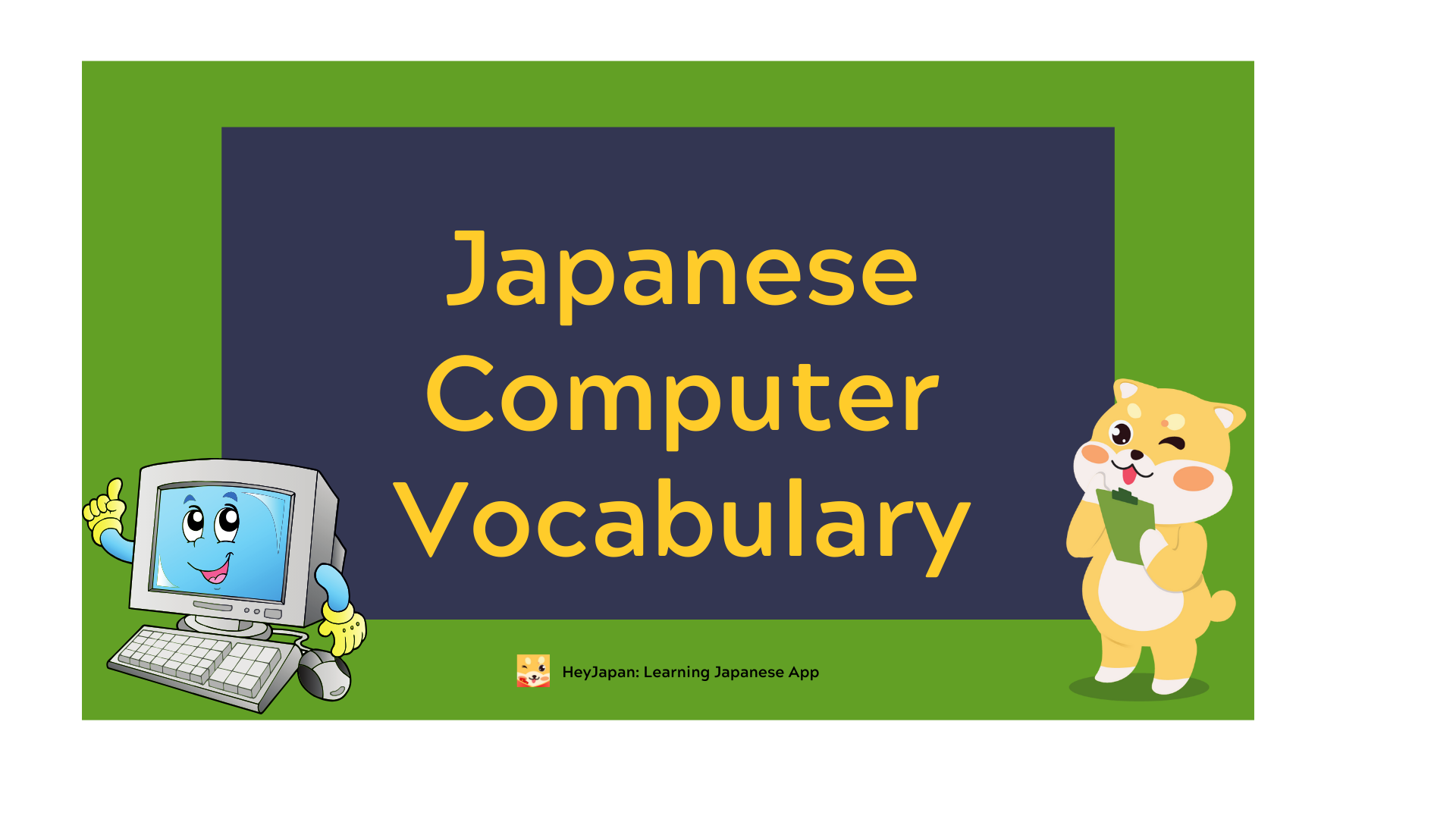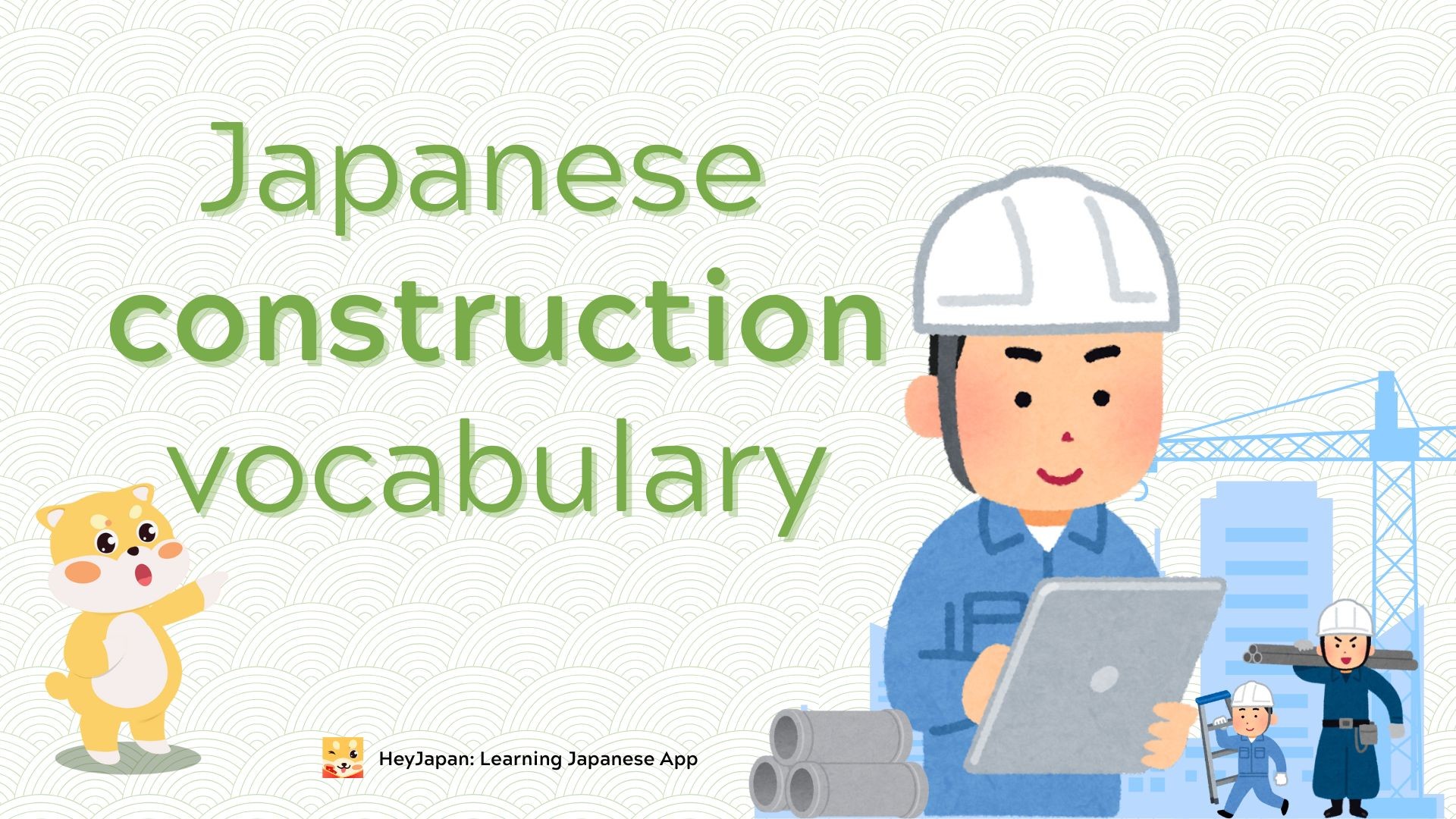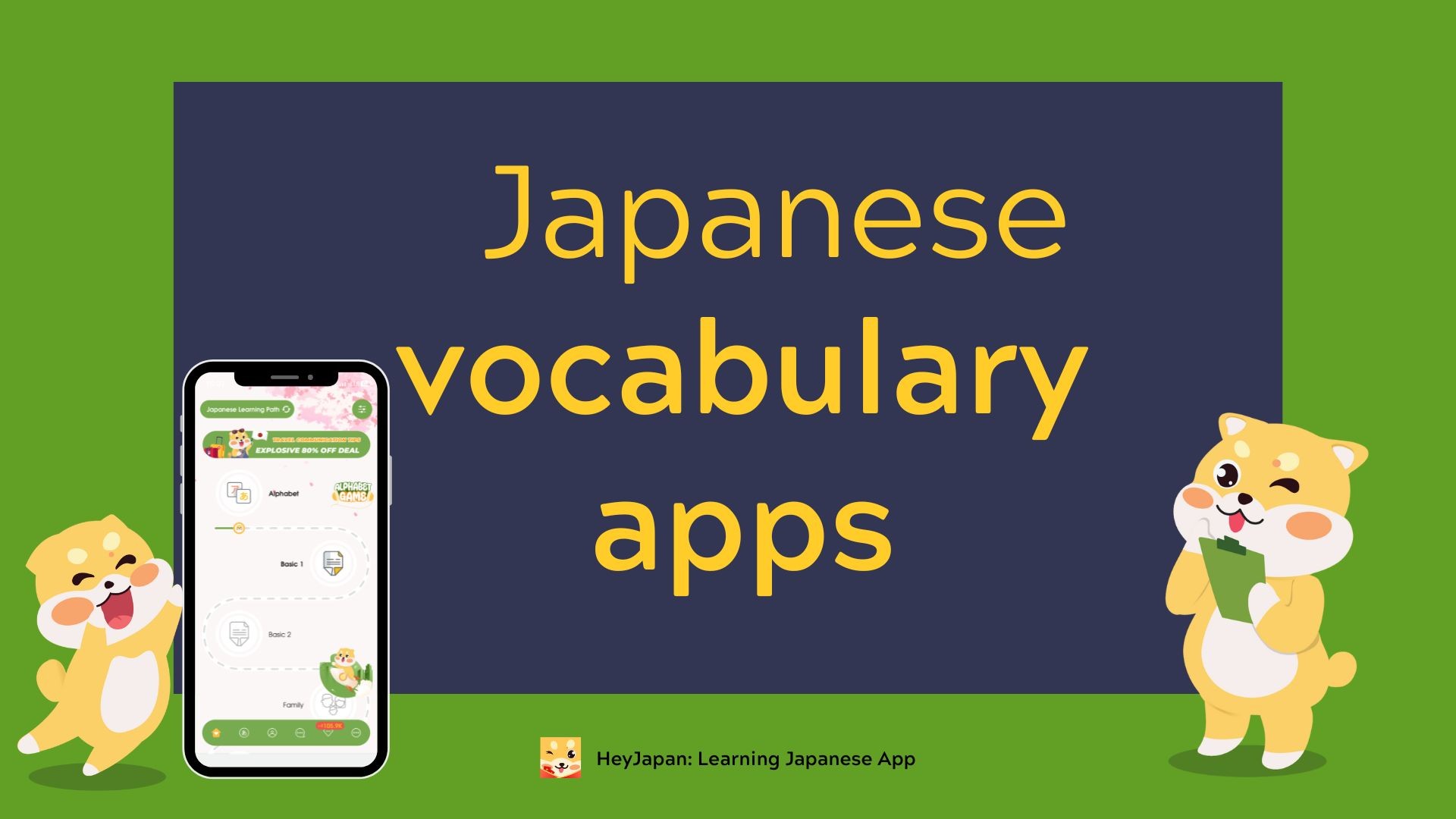- ALPHABET
- PRACTICE VOCABULARY AND IMPROVE GRAMMAR EVERY DAY
- CONQUER THE COMPETENCE TEST LEVEL N5 TO N1
Are you someone who loves Japanese, anime, and the culture of the "rising sun" country? Do you want to learn Japanese to study abroad in Japan and have better job opportunities at Japanese companies? Especially if you want to learn Japanese but don't know where to start or how to start, don't worry. Join HeyJapan to learn how to learn basic Japanese for beginners!
ALPHABET
You're not wrong if you want to learn any language; you cannot skip the step of learning the foundation, which is the "alphabet." For learning Japanese, the Japanese alphabet is completely different from the Latin alphabet that Vietnamese people are familiar with, so you need to invest time in studying to remember all the letters and pronounce them correctly.
Japanese has up to three alphabets: Hiragana, Katakana, and Kanji. However, when starting out, you just need to have a solid grasp of Hiragana and Katakana. Every day, you only need to spend about 2-3 hours to focus on it. With maximum concentration, it only takes about 2-3 days to memorize the alphabet.
PRACTICE VOCABULARY AND IMPROVE GRAMMAR EVERY DAY
Vocabulary is one of the key factors that help you improve your language learning. The more vocabulary you have, the faster your Japanese level will increase. Japanese has three alphabets, going from basic to advanced, so learning Japanese becomes more difficult, especially the Kanji alphabet. Learning Japanese requires a process of continuous practice and study. You should divide your time between learning new words and reviewing old lessons to avoid forgetting knowledge.
In addition, during this learning period, you need to learn how to write, pronounce, and practice listening. You should also have a set of national textbooks for people learning Japanese, such as "Minna no Nihongo"; in fact, there aren't too many types of Japanese textbooks for you to choose from.
Don't forget you also have countless apps to learn Japanese from basic to advanced, practice listening, speaking, reading, and writing. The cost is extremely cheap; there are even completely free applications. Also, refer to the apps that Japanese learners are crazy about:
Learn basic Japanese: Duolingo, HeyJapan, etc.
Japanese dictionary: Mazii, etc.
Read Japanese newspapers: Easy Japanese News - TODAI, etc.
N5 - N1 exam preparation: Migii JLPT, etc.
Practice listening and speaking Japanese: Janki, Voiky, etc.
These are quality apps with large downloads and good reviews; don't miss them!
CONQUER THE COMPETENCE TEST LEVEL N5 TO N1
A person's Japanese language ability is determined through a measure, which is the JLPT certificate (issued by the Association and educational organizations in Japan). The JLPT exam is divided into N levels, equivalent to the learner's levels, specifically as follows:
N5, N4: Basic, elementary level
N5 level requires about 700 words and 80-100 corresponding Kanji (out of a total of 2000 Kanji). To conquer N5, you need to study about 150 hours.
You need about 300 hours to reach level N4 in Japanese, to learn 1500 words and 350 Kanji. N5 and N4 are the two lowest levels to "estimate" a learner's Japanese level.
N3: Intermediate level
Level N3 requires about 450 hours of study to conquer. This level requires about 3750 vocabulary and 650 Kanji. At the same time, level N3 learners need to listen and understand the specific content of a conversation about everyday life.
N2, N1: Advanced level
You need about 600 hours to reach N2 level. N2 requires about 1000 Kanji and 6000 vocabulary along with good listening comprehension. With N2, it can be said to be equivalent to the level so you can study high school in Japan.
Finally, N1 is the highest proficiency level in Japanese. Learners are required to be fluent in Japanese as their mother tongue and be able to read essays and scientific research articles at this level. N1 will take about 900 hours to learn 2000 Kanji and 10,000 vocabulary.
The above is the most basic way to learn Japanese for beginners. The information helps you have an overall view and you can completely map out a study plan that suits you. In particular, you should aim to conquer the levels of the JLPT N5 - N1 Proficiency Test to have motivation and clear learning goals.
If you find this article useful, don't forget to share it with everyone. Team HeyJapan wishes you effective learning <3









